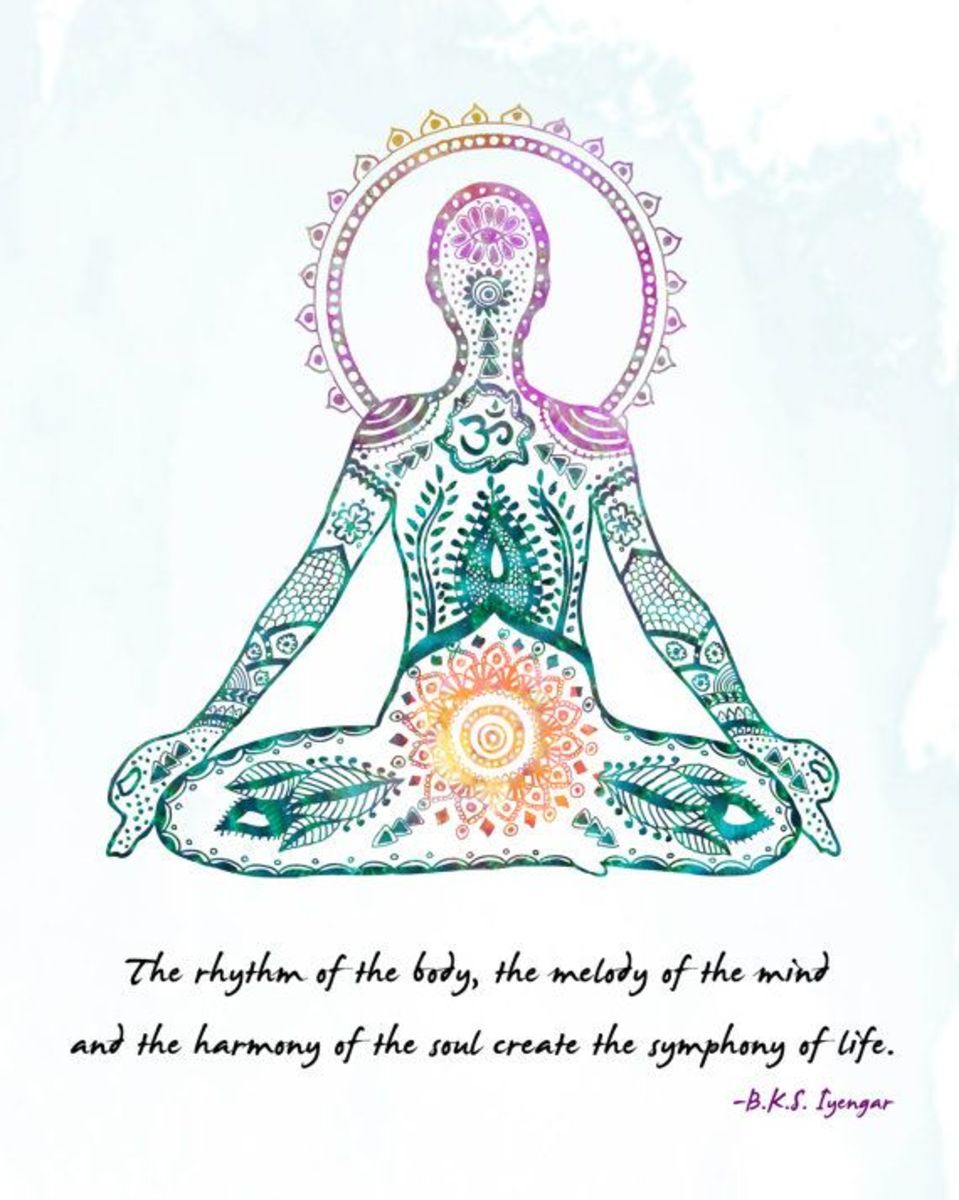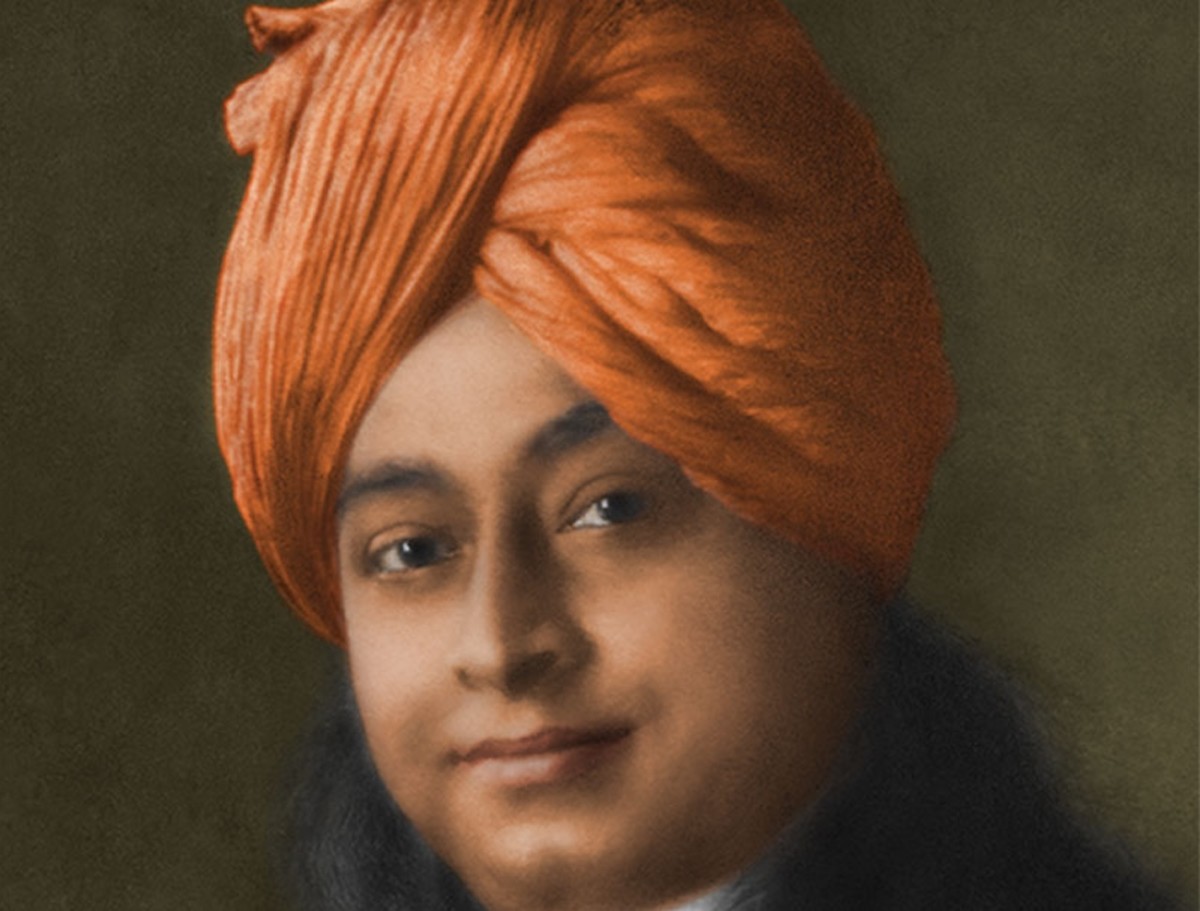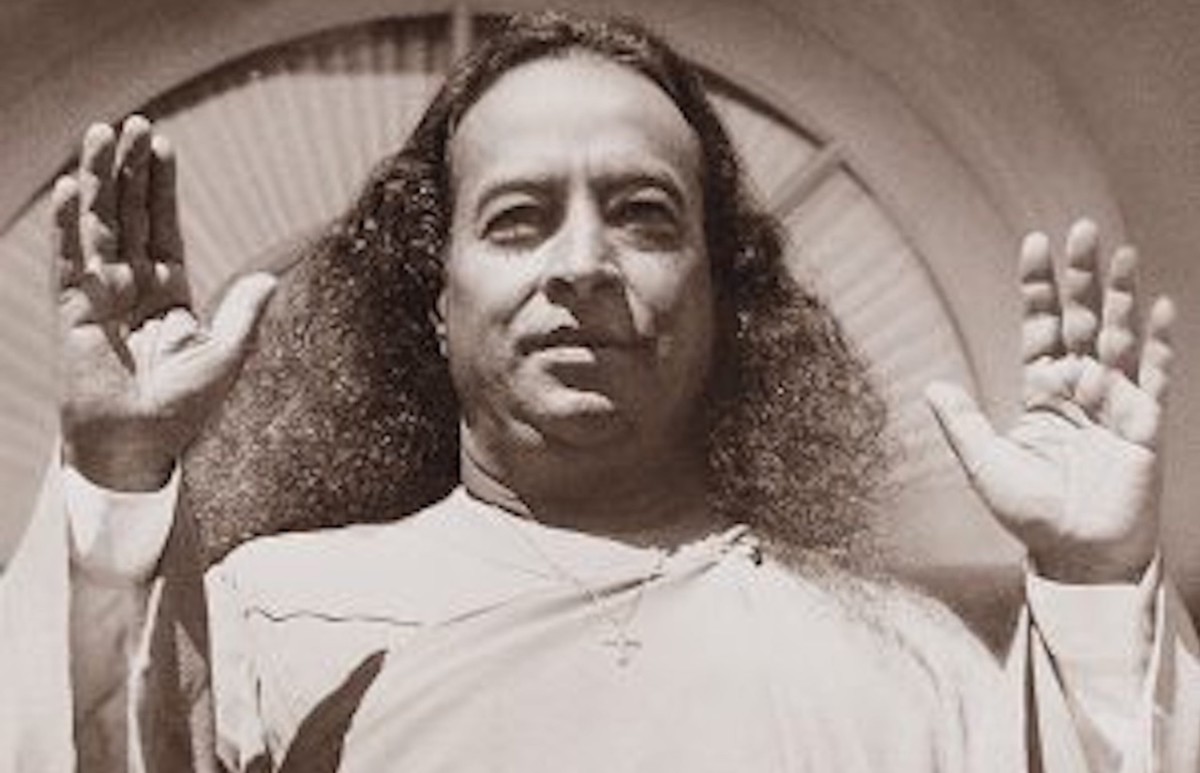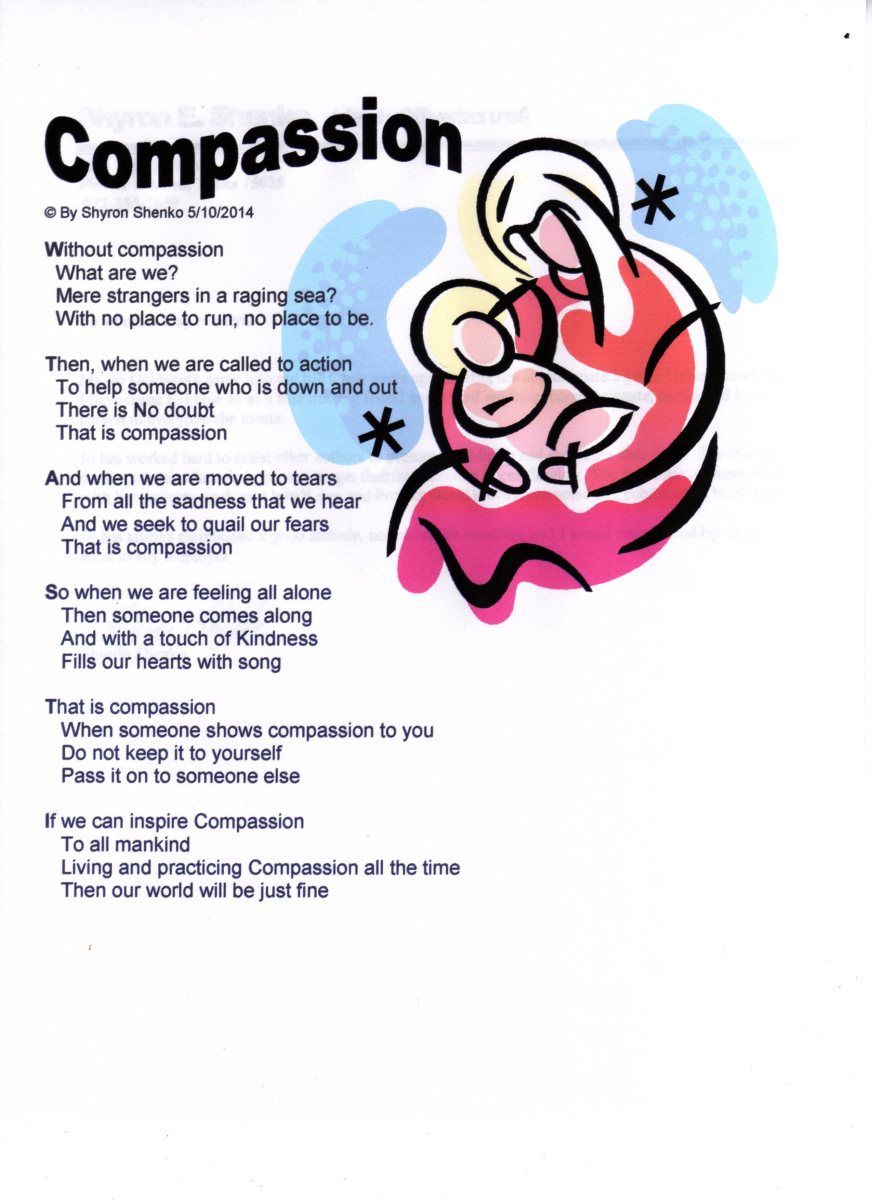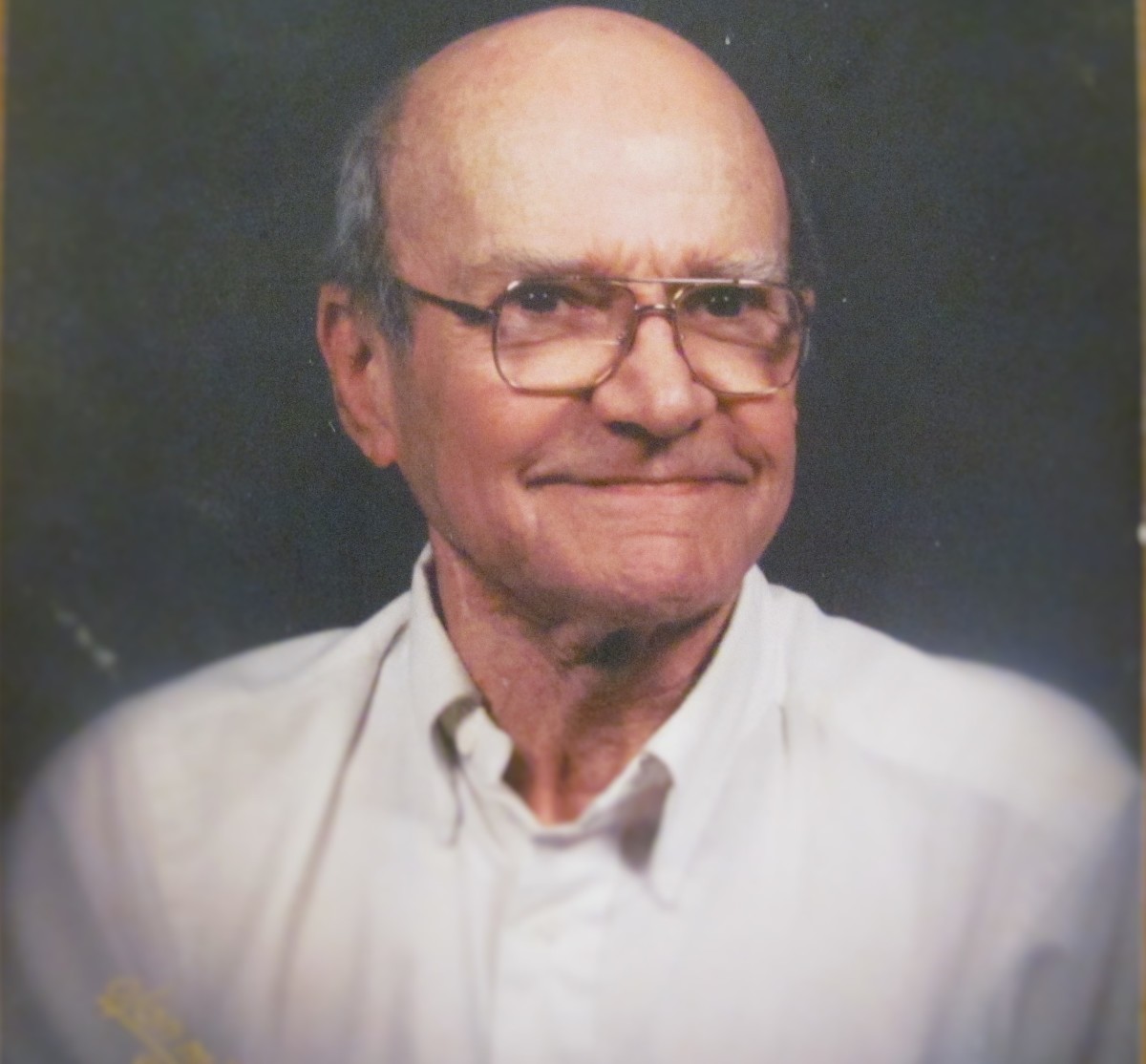Paramahansa Yogananda’s "Whispers"

Introduction and Excerpt from "Whispers"
In Paramahansa Yogananda’s "Whispers," the speaker focuses on the soul’s ability to express its love for its maker, from the leaves that merely "sigh" to human beings who can interpret the "whispers" of their Creator.
Excerpt from "Whispers"
The leaves do sigh;
They cannot speak
Of the One on high.
The birds do sing;
They cannot say
What in their bosom springs.
(Please note: This poem appears in Paramahansa Yogananda's Songs of the Soul, published by Self-Realization Fellowship, Los Angeles, CA, 1983 and 2014 printings. A slightly different version of my poem commentary appears in my publication titled Commentaries on Paramahansa Yogananda’s Songs of the Soul.)
Commentary on "Whispers"
Soul evolution moves on a mystical level through which each human being, each created thing moves and takes varying stages of awareness.
First Movement: Sighing Leaves
The leaves do sigh;
They cannot speak
Of the One on high.
The birds do sing;
They cannot say
What in their bosom springs.
The speaker avers that the leaves on the trees and on all other plants are incapable of verbalizing with a physical voice the praises of their Maker.
But those leaves must be content merely to "sigh"; and even that sigh is aided by the breezes that cause them to rustle about. The leaves "cannot speak"; thus, they remain mum about "the One on high."
To the leaves, it seems the Lord is self-evident. Because they must remain silent, their prayers are undetected by humanity. But the speaker shows gentle compassion with that lower form of life by giving them poetically and metaphorically through personification the human ability to sigh.
The nature of a "sigh," however, has important implications for this poem. As in Robert Frost’s poem, "The Road Not Taken," the ambiguous nature of the sigh reveals much. People sigh on two very different occasions: to express regret or to express relief.
But the question arises for this poem, what would the nature of the "sigh" be if it is "leaves" doing the sighing?
Of course, leaves could in certain contexts be expressing relief, for example, if they were spared being devastated by a storm, a poet might infer from the rustling of leaves in the gently, sunshine-filled breezes that the leaves are offering a sigh of relief.
Unlike the ambiguous sigh in the Frost poem or the storm-weathered sigh of the grateful leaves, it is likely that the nature of these leaves’ sigh is one of regret. These leaves are unable to fully express their love and gratitude for their divine Creator; thus their sigh would not be one of relief but likely one of regret.
Second Movement: Singing Birds
While birds are somewhat higher on the evolutionary scale than leaves, they can, in fact, make a vocal offering to their Maker because they can "sing." But the birds still do not have the ability to fully express in unequivocal terms, "what in their bosom springs."
The birds are still instinct driven; the blessed Creator guides and guards them, but He does so very strictly because He chose not to give them the level of free will that He reserved for his higher beings. As the leaves must be content with "sighing," the birds must be content with "singing."
Third Movement: Howling Beasts
Now the speaker moves on up the evolutionary scale to mammals or "the beasts." But the beasts have something in common with the "leaves" and "birds"; they too "never can say nigh / What in their feelings lies."
The beasts must be content to "howl / with muffled soul." By averring that the beasts have souls, the speaker is averring that all of God’s sentient beings have souls, including the leaves and the birds.
It is the soul that moves upward through the evolutionary scale from life to life, gaining wisdom through karmic direction that allows it to form more complex, thinking-powered brains during gestation, until it reaches the human level, from which it can consciously unite back with its Maker.
Fourth Movement: Singing, Speaking Crying Human Being
Because the speaker is fortunate enough to be a human being, the Maker’s highest evolutionary, earthly creation, he does have the ability to "sing" as the birds do, and also "say" what he feels for his Creator.
This human speaker does not have to be content to "sigh" as the "leaves" do, but he can speak his heart and soul. Nor does he have to contend with a "muffled soul" as "the beasts" must.
And since the speaker has this marvelous capability, he vows to use that God-given power to "pour out whispers Thine — all and each — / That to hearts do softly reach." Because this speaker is a God-united yogi, he will listen to the whispers from the Divine and share those Divine secrets with all who do not yet hear them.

Related Paramahansa Yogananda Information
- Life Sketch of Paramahansa Yogananda: Father of Yoga in the West Paramahansa Yogananda is the monastic name of Mukunda Lal Ghosh. The sources for this brief life sketch of Paramahansa Yogananda are his Autobiography of a Yogi and the official Self-Realization Fellowship website.
Commentaries on Paramahansa Yogananda Poems
- Paramahansa Yogananda’s "Consecration" In the poem titled "Consecration," which opens Paramahansa Yogananda’s collection of spiritual poetry "Songs of the Soul," the speaker humbly consecrates his works to the Divine Creator. He also lovingly dedicates the collection to his earthly father.
- Paramahansa Yogananda's "The Garden of the New Year" In "The Garden of the New Year," the speaker celebrates the prospect of looking forward with enthusiastic preparation to live "life ideally!"
- Paramahansa Yogananda's "My Soul Is Marching On" This inspirational poem,"My Soul Is Marching On," offers a refrain which devotees can chant and feel uplifted in times of lagging interest or the dreaded spiritual dryness.
- Paramahansa Yogananda’s "When Will He Come?" How to stay motivated in pursuing the spiritual path remains a challenge. This poem, "When Will He Come?," dramatizes the key to meeting this spiritual challenge.
- Paramahansa Yogananda’s "Vanishing Bubbles" Worldly things are like bubbles in the sea; they mysteriously appear, prance around for a brief moment, and then are gone. This speaker dramatizes the bubbles’ brief sojourn but also reveals the solution for the minds and hearts left grieving for those natural phenomena that have vanished like those bubbles.
The Voice of Paramahansa Yogananda

This content is accurate and true to the best of the author’s knowledge and is not meant to substitute for formal and individualized advice from a qualified professional.
© 2025 Linda Sue Grimes

